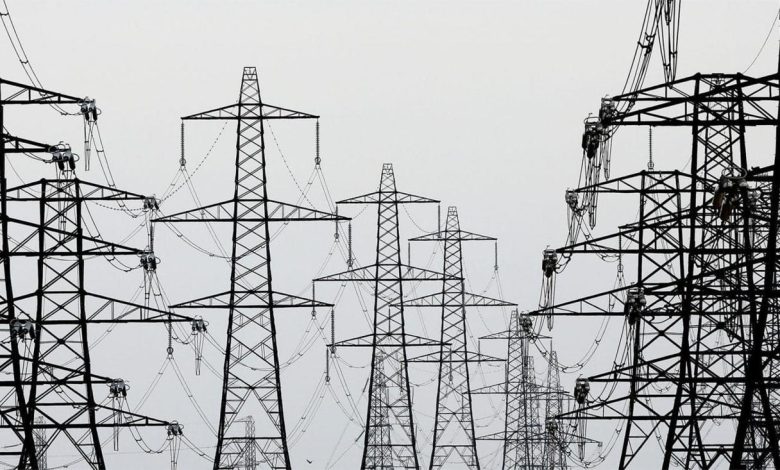Nigeria’s Power Privatization: A Decade of Disappointment
Experts, Residents Decry Epileptic Supply Despite Huge Investments

An expert on power and many residents of the Federal Capital Territory (FCT) have decried the epileptic power supply presently being experienced across the country.
According to them, this is despite the huge investment in the sector by the government and stakeholders since the privatisation of the sector.
The experts and consumers who spoke to the News Agency of Nigeria (NAN) on Sunday in Abuja said that the privatisation of the sector was meant to improve power supply as more investors were brought into the industry.
NAN reports that privatisation of the sector in November 2013 was an initiative of the Federal Government to transfer ownership and management of power assets to private entities.
The move was to improve efficiency, attract more investments, and enhance the overall electricity supply.
A total of 11 Electricity Distribution Companies (DisCos) and six Generation Companies (GenCos) were formed after the sector was privatised.
The DisCos include Abuja, Benin, Eko, Enugu, Ibadan, Ikeja, Jos, Kaduna, Kano, Port Harcourt, and Yola.
Some of the generation companies include Transcorp Power Limited, Shiroro Hydroelectric Power Station, Sapele Power Plc, Ughelli Power Plc, Geregu Power Plc, and Kainji Hydroelectric Power Station.
Mr Uket Obonga, the National Secretary of the Nigeria Electricity Consumer Advocacy Network, said that when the narrative of privatisation came on board, Nigerians were happy because they were told that the three capacities that were lacking would be put in place.
Obonga listed the capacities to include financial capacity, technical capacity, and manpower capacity that was lacking in the power sector would be brought in by the investors.
He, however, said that with the way the privatisation was done on paper, the models that were used for the process were wrong.
“For instance, to invest in the electricity sector is a long-term investment. It is not an ad hoc investment, and those who were involved in the privatisation of the sector copied and pasted the model from other countries.
“That was alien to our nation. You copy something from another client without looking at the possibility of it working in your own country.
“That is number one. Number two is that of the models. For instance, the investor that handed more than 60 percent of the equity holding in the power sector, particularly the distribution sub-sector had no capital, ” he said.
According to him, the application capital that was paid when the privatisation took off was borrowed from banks, so most of the investors had no other funds to invest to upgrade distribution networks and infrastructure.
He said that the lack of funds was evident as can been seen in DISC’s inability up to this moment to meter their customers.
“They have also not conducted effective customer integration for the world to know the actual number or population of Nigerians using electricity.
“ As we speak today in the Nigerian Electricity Supply Industry (NESI), we don’t have statistical data that is accurate or reliable,” he said.
Mrs Oluchi Emeka, an electricity consumer residing in Lugbe, said that the inability of the privatised power sector to meet the demands of electricity users was frustrating.
Emeka said that many small businesses have collapsed as a result of the poor supply of electricity in Nigeria, despite the privatisation.
“We cannot feel the impact of that privatisation because we still have unstable power supply in many parts of the country, ’’ she said.
Mr Emmanuel Ogar, an engineer said that the number of people who need power had increased tremendously when compared to the rise in electricity output.
He said that there was no significant growth in the sector since it was privatised, considering the enormous funds that have gone into the industry.
He appealed to the Federal Government to revisit the issue of privatization to find out what could be done to improve power supply in the country.
“As you can see, the privatization has done more harm than good as it has not yielded much improvement in power supply.
“So, my appeal is that the Federal Government should revisit the issue to see how the power sector can work effectively. (NAN)


